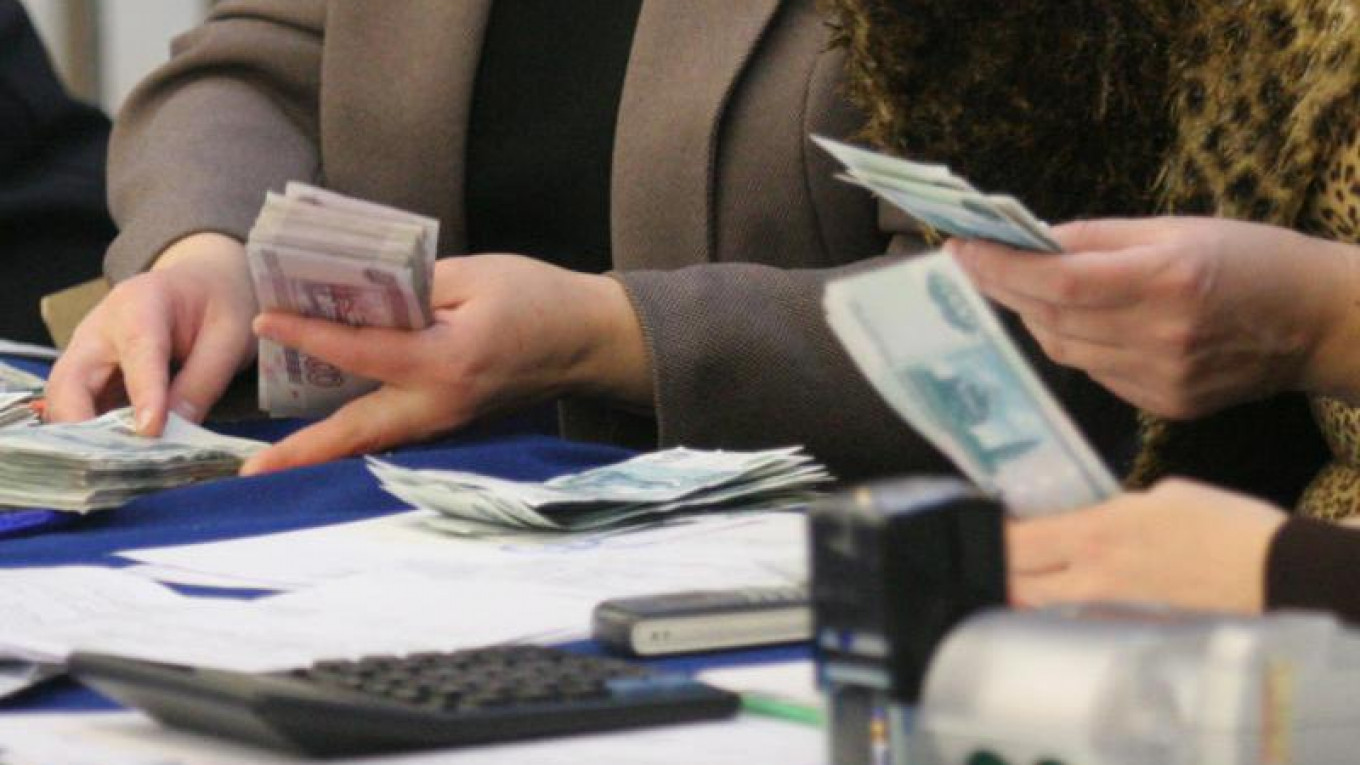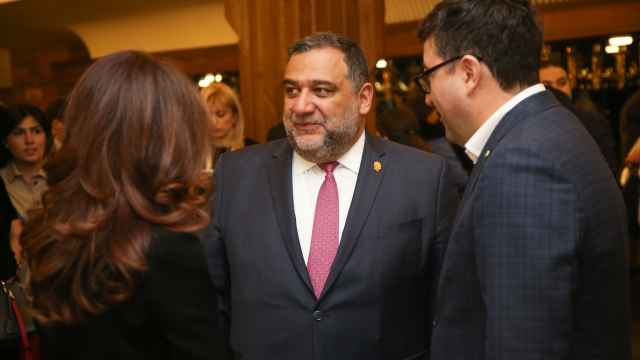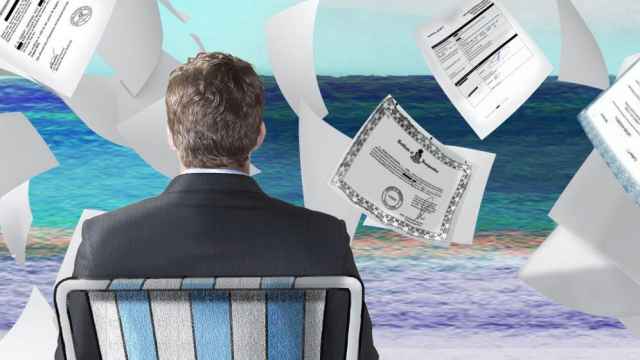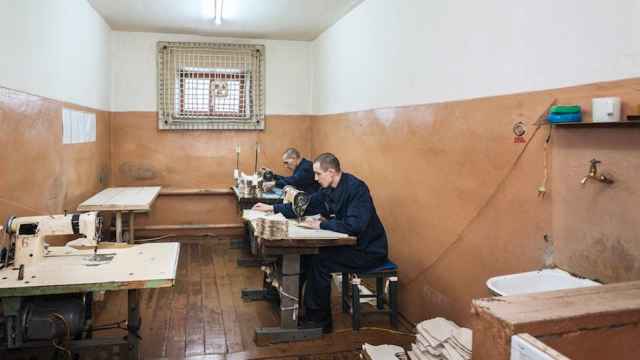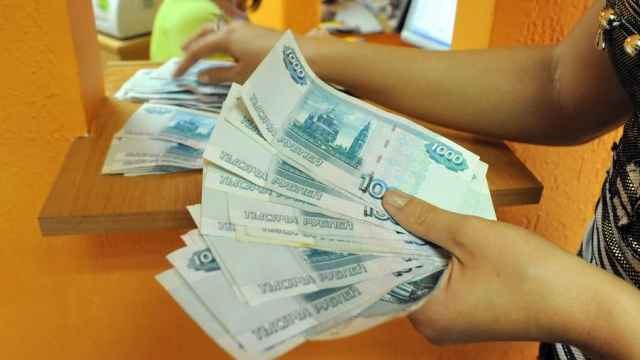In an unusual show of concern for the disadvantaged, the social bloc of the government has proposed introducing a progressive scale for personal income taxes which exempts the country’s poorest citizens from paying.
However, for now, the vaguely worded proposal threatens to deepen deficits in regional budgets – which are the most dependent on income tax revenue – while offering little hope of reducing poverty. To accomplish that, the authorities would have to provide targeted support to the needy, not blanket tax breaks for the poor.
According to Deputy Prime Minister Olga Golodets, the government has already reviewed the social bloc’s proposal to introduce a progressive scale for personal income tax. However, she did not provide specific figures concerning the poverty threshold or the degree to which the proposal could affect regional budgets, information that is critical for evaluating the effectiveness of the proposed measure.
Don't tell Depardieu: Read more on why Russia may scrap its flat income tax.
In 2015, less than 1.5 percent of all workers in Russia received salaries below the minimum monthly wage of 5,965 rubles, while approximately 10 percent earned less than the monthly subsistence wage of 9,701 rubles. However, measuring poverty according to per capita income per household is a more accurate approach, said Lilia Ovcharova of the Higher School of Economics in Moscow. In 2015, 14 percent of all households lived in poverty, and the number increased to 15 percent in the first half of 2016. If the government were to exempt those individuals from income tax, the wealthiest 10 percent of Russians would have to pay income tax at a rate of 25 percent to compensate for the loss of revenue, Ovcharova said.
Prior to 2001, Russia employed a progressive income tax scale with a minimum rate of 12 percent and a maximum of 30-35 percent plus a fixed payment. New hopes of collecting more money from the wealthiest citizens might prove illusory: business-people and members of the middle class will find ways to "optimize" their tax payments, Alexandra Suslina of the Economic Expert Group pointed out. That would inevitably create shortfalls in regional budgets. Reduced rates for the poor might also prompt some taxpayers to hide their incomes and employers to understate salaries. This would reduce revenues for the Pension Fund and other government funds.
In fact, Golodets’ proposal will not even be an effective tool for fighting poverty: A family with three children and a combined monthly income of 50,000 rubles would pay the full tax even though their per capita income barely exceeds the cost of living. Ovcharova emphasizes that targeted assistance for needy households would be more effective because families with children account for the majority of the poor.
A Message from The Moscow Times:
Dear readers,
We are facing unprecedented challenges. Russia's Prosecutor General's Office has designated The Moscow Times as an "undesirable" organization, criminalizing our work and putting our staff at risk of prosecution. This follows our earlier unjust labeling as a "foreign agent."
These actions are direct attempts to silence independent journalism in Russia. The authorities claim our work "discredits the decisions of the Russian leadership." We see things differently: we strive to provide accurate, unbiased reporting on Russia.
We, the journalists of The Moscow Times, refuse to be silenced. But to continue our work, we need your help.
Your support, no matter how small, makes a world of difference. If you can, please support us monthly starting from just $2. It's quick to set up, and every contribution makes a significant impact.
By supporting The Moscow Times, you're defending open, independent journalism in the face of repression. Thank you for standing with us.
Remind me later.


